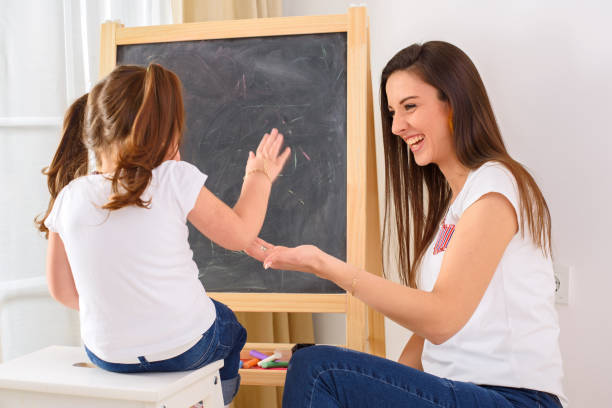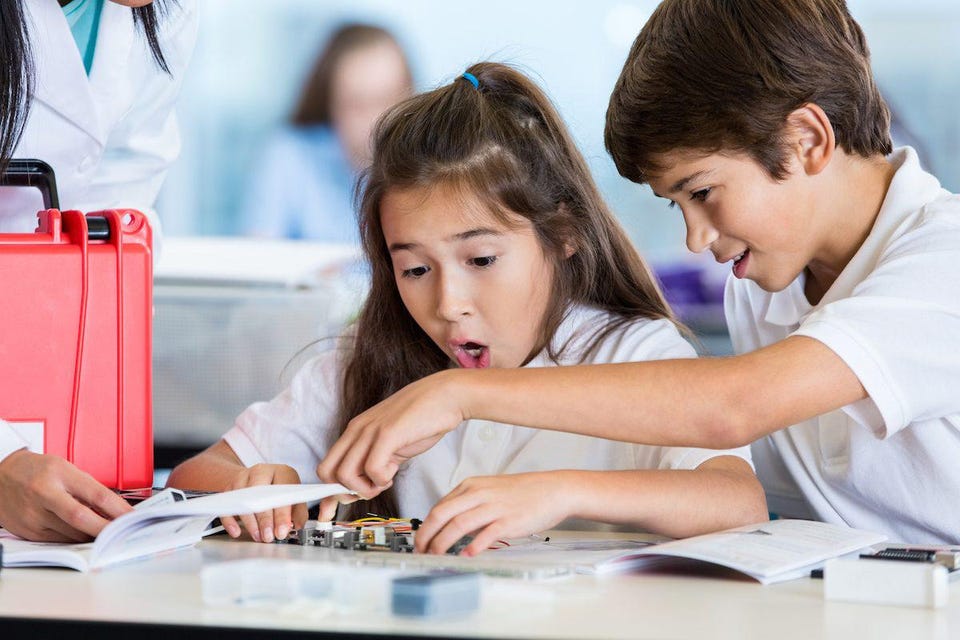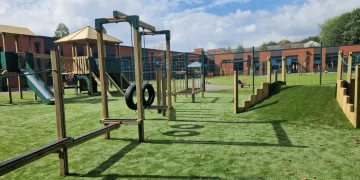How To Teach Kids To Say Sorry: 3 Steps for Success

Braydon’s nine-year-old mistake caused Emily’s Barbie to lose her head as she was getting ready for a night out. Braydon apologizes immediately to Emily, her doll, and the Nintendo while stealing glances at his video games.
How can we teach children to say sorry?
Although forcing children to apologize when they are upset can make parents feel better, this doesn’t help them understand the consequences of their actions. Put the “sorry’ on hold and follow these three steps when everyone is calm.
1. The Lecture: Lose it
Ask your child questions instead of ranting about her misbehavior. This will help your child better understand what she is feeling and why.
Ask her, “What was your feeling when you tore John’s homework into half?” It’s important to show that she is responsible for her actions and that it’s fine to be angry, frustrated, or sad, but the resultant action may not have been.
Then, relate that emotion and action with the impact it had on the person. How did it make your brother feel that you destroyed his homework?
You can use questions to help your child better understand what triggered her bad behavior. This will give her the tools she needs to behave appropriately the next time.
2. You can’t pass on the punishment
Take a deep breath and look for solutions. Ask, “What can you do to put it right?”
It’s important to start with a verbal apology. Still, because children learn better through action, you should pair it up with a kind act, such as fixing a broken item or drawing something that can be displayed on a refrigerator for the person who was injured.
3. Play the “Redo”
You can give your child the chance to make the right choice the next time she feels the urge to decapitate Barbie. If you could go back and change things, what would be different in this situation?
You can role-play with him to help him understand his emotions and find constructive ways to deal with them.
If you’ve given your kids the opportunity to practice these positive strategies with you, they are more likely to do so next time.
Final Thoughts
It may not seem easy at first, but allowing your child to take some time to reflect on their behavior and apologize will help them be more honest. They’ll also learn to accept responsibility and develop the empathy necessary to learn from mistakes. It’s worth it!
As with anything else in parenting, once you have the apologies in order, other problems may arise.
We wish you a peaceful and joyful parenting journey. Positive Parenting Solutions is always available to assist you if needed.












